how I stopped dieting & started sliving 😇
<3
In this newsletter, I’m discussing disordered eating and exploring body image. If you want support, you can contact The Butterfly Foundation on their national hotline, 1800 33 4673. They’ve got an online chat function too if using a phone to call someone is too 2003 for your taste. I really like their instagram.
I’m not a doctor (shook) and I know eating disorders are difficult to talk about because it’s easy to say the wrong thing. I asked a specialist from the InsideOut Institute to read this before it hits your inbox, because I want this to be a positive contribution! Peace and love be the journey.
Hi sweeties,
I have been on a little writing hiatus and have let the last three weeks slip past me like a sud-soaked chihuahua careening down a waterslide at Wet’N’Wild World.
The break hasn’t been for some higher purpose. I haven’t been using my time off to pursue lucrative business opportunities like manufacturing a line of poo stools, or bottling my farts in jars to sell on Etsy.
I’ve just been chilling.
Which is actually very pertinent to tonight’s newsletter topic. I want to write about what life looks like after an eating disorder, and a big part of that is learning to let things go and relax. For me, that means caring less about “achieving” and instead, doing the absolute bare minimum. Which is unfortunately detrimental to this newsletter!
Tonight, I’m using my executive judgement to focus on all the positive things I’ve gained since letting myself off the hook and rejecting diet culture. The purpose of this newsletter is to be a first-person account of recovery. I’m writing it for the person I was a year ago, and for anyone else who wants to “go back to normal” with food but is still stuck in the restriction and rules-based mentality and can’t picture what recovery looks like.
I want to be an example of someone who is living their best life while wilfully ignorant of calories, cellulite and Carrot Top.
Sorry king
Without further ado, here is the story of my mission to go back to eating like a 7-year-old.
the blueprint, pictured here in diva necklace and sandra dee up-do
In January, I wrote a newsletter about my experience with an eating disorder. I focused mainly on my experience leading up to that point – retracing the history of how I got stuck in a fugly cycle of anorexia, bulimia and binge eating.
I felt so much shame at the time. I was in a phase where I had swapped under-eating for binge eating and was panicking about gaining weight. I was certain everyone was noticing in my videos and discussing it in far-off group chats.
My motivation for publishing that original piece was largely selfish. I felt as though I was beating everyone to the punch and taking the sting out of perceived judgement by making it clear that I knew I was gaining weight and it was purposeful.
Because in truth, I was still terrified of my body changing. I still felt so controlled by food, but now I had lost all the benefits that control afforded me (i.e. being “thin” aka underweight). Now I looked “normal”, but my relationship with food was still completely dysfunctional. Food, and how to not eat it, still dominated by brain, but now restricting had been replaced with binge eating. Fucken nightmare!!
I felt stuck and honestly couldn’t think of a way out that didn’t involve losing weight.
I knew I needed professional help, so I went to the doctor and after filling out a questionnaire, they gave me an Eating Disorder Plan (EDP), which entitled me to up to 40 Medicare-subsidised sessions with a mental health clinician.
But alas, all the specialists were booked up to the bussy.
While I waited for a spot to pop up, one of the ED specialists I couldn’t get into emailed me suggesting I check out a study on Binge Eating E-Therapy by InsideOut Institute and University of Sydney PhD researcher, Sarah Barakat. They were exploring the effectiveness of online therapy in the intervention of binge eating, and needed lab ratz like myself to participate free of charge.
I called the researcher Sarah and told her about where I was at. I got good juju from her because I recognised that she understood what I was going through just by the way she spoke. I knew, though, that part of recovery would mean losing control and doings things I didn’t want to do.
I was so hesitant to get involved, but there was this little gem inside me that knew that remaining “thin” by any means possible wasn’t the answer. Therapy was still a risk, though – what if they made me gain weight and I still felt the same? At that point in time, I honestly couldn’t think of anything worse.
The one thing I was sure about, though, was that I didn’t want to pass these cooked priorities onto the next generation of Froomindas.
I called her back and said yes. Time to tuck in bitch!
Allow me to go into some detail about the therapy approach.
In my first Zoom session with my councillor, Jamie*, she outlined what the program looked like. It would involve keeping a food diary, writing down literally every single thing that I ate and at what time, for 3 months. I’d also have learning modules I would need to complete before each weekly therapy session. And in those session, we would discuss the content and have weekly weighing.
Literally every part of that felt like a terrible idea. Tracking food and weighing myself was what got me into the mess and I couldn’t comprehend how it could get me out of it. Most of the eating disorder literature I’d demolished stressed that weight obsession just perpetuated the problem. But I was desperate, so I said yes, like a compliant little guinea piglet.
This was during lockdown, so tracking my food wasn’t particularly challenging. The fact I ate almost the exact same thing every day also helped. Slowly, throughout the therapy, I was encouraged to challenge my ‘food rules’.
me at home by the desk where I logged my food. poetic
Some of my disordered eating rules included denying myself food until certain times of the day, missing meals, compensating for social outings by exercising and ‘mitigating’ binges by purging in different ways.
All of these behaviours were limiting and life-reducing, but they had become coping mechanisms. These were particularly hard to overcome because the vast majority of health and lifestyle advice is to eat less, add more vegetables, exercise and skip dessert when possible.
In the eyes of say, a Biggest Loser trainer/demonic entity, I was killing it.
go girl
All of the advice in the BEeT program was contrary to the “perfect rules” I’d adhered to for years. And perhaps the strangest ‘goal’ of the program was that I needed to eat three meals a day, three snacks, and have dessert.
The last part was the hardest to stomach, but also the most exciting. As I have made clear on instagram, I am an absolute slut for a promotional dessert and have the sweetest tooth in the business. I secretly loved it.
Although this program was a trial, all of this advice in it was entirely evidence-based. It was hard to wrap my head around because I had spent so many years reading (and writing!) articles that perpetuated diet culture.
The weekly weight check-ins were important, too. Not all people with binge eating disorder experience body dysmorphia, but I do, and therefore I often guesstimate my weight, which perpetuates the cycle and can add to the “fuck it” mentality of binging. The point of the weight check-ins was to prove you can’t miraculously gain 5 kilograms in a binge.
The funny thing is though, the longer I did the program, the less I came to believe gaining 5 kilograms was the worst thing in the world.
During the 12-week program, my approach to food shifted dramatically. It felt like I was both the subject and the witness, observing changes in my behaviour and thinking patterns. I was gaining weight, but I wasn’t mystified by that. I knew it was because I was eating more, and it was ok that I was eating more because Jamie told me it was ok.
I would cry in some of those sessions, sometimes after weighing myself. But unlike if I did it on my lonesome, I had Jamie there to be with me as I sat in that uncomfortable feeling. She was an anchor that I’d hold onto to keep me from spiralling.
When I finished the program, I felt completely different. I felt really lucky to have found the trial because it played a huge part in rewiring my brain. It confirmed lots of instinctual feelings I had about food and my body, the feelings that had been muddled by years of seeking out diet advice that validated my opinion that my worth was inextricable to my size.
I finished the trial in November last year and have made leaps and bounds in months since.
The changes have been physical – I have gained what my former self would categorise as a considerable amount of weight – but the mental changes have been astronomically positive.
I used to spend all day, every day, thinking about food. Honestly, it’s hard to articulate this obsessive rumination to anyone who hasn’t had an eating disorder, or generalised anxiety. Regardless of whether or not I ate it, food was the overriding theme in my brain. Let me draw a picture!
Now, that mental space has been replaced with this feeling of wow, I can’t believe how different and happy I feel.
Disordered eating, and even just regular dieting, can rob you of spontaneity and a lot of genuine happiness – so when you untangle yourself from it, the sensation of satisfaction is pretty revolutionary.
Now I really do eat whatever I want and the result is nothing my disordered eating brain could have ever imagined. I still love food, but it doesn’t have a monkey grip over me anymore, not like it used to.
Every day I wake up and ask myself, what do I feel like today? I used to spend so much time asking myself this and then denying myself when it was anything I deemed indulgent. And it’s worth noting my idea of ‘indulgent’ was pretty ridiculous – like homemade pasta or a salad sandwich. What?!
i eat south dowling whenever i want
I’m not completely crazy for thinking that way, though. The good food/bad food mentality is literally everywhere. I see it on the internet, I hear it in conversations with my friends. It’s rampant, like a rabid wildebeest on the loose.
I used to get upset and frustrated when I heard people moralise food. But now, I let it wash over me. I recognise that it is a collective fault of thinking. It’s important to eat a nutritious, balanced diet, but I think the vast majority of us have forgotten what that actually looks like, or what it can look like.
In my recovery, I had to truly let myself eat whatever I wanted. This felt so counter-intuitive to ‘health’ but what I’ve come to realise is that I needed to do that, I still need to do that, in order to rebalance my hunger and satiety signals.
So, I will eat Indian Home Diner on the way home from a night out, no question. I will have dessert every night without fail, if I feel like it. I will drink full cream milk and I will snack as my body so desires. This might mean I’m consuming more calories than what your prescriptive internet dietitian deems acceptable, but that’s ok.
What matters is that I’m not obsessed with food and am therefore no longer binging, and the freedom that I feel from that is far more important than whether or not any of my clothes fit.
It is such a pleasure to reconnect with what I feel like. I hope you can too, or if you already do, you can continue to do so forevermore.
I didn’t want to leave you there after singing the praises of the therapy that isn’t available to the public yet. That would be a bit like showing you my Ferrari then driving off before you could get in.
let’s be honest, if it was a red car it would be this
To my sadness, the Binge Eating E-Therapy isn’t available to the public yet. Here’s what Sarah, the researcher, told me in an email:
It’s such a shame that BEeT isn’t fully backed yet cause there really aren’t that many eTherapies available for eating disorders in Aus. BUT cost-effectiveness and accessibility are definitely the key advantages of eTherapies & the reason that we developed BEeT in the first place.
So it is coming, but not yet.
Don’t fret mon cherrie. You won’t home completely empty handed tonight! Sarah shared some trustworthy, helpful resources, like a database of eating disorder specialists, a list of treatment options and more information on the Medicare rebates.
Some other resources I’ve personally gotten a lot out of are episodes of The Food Psych podcast by Christy Harrison and the Burnt Toast newsletter by Virginia Sole-Smith. I’ve absolutely fucking rinsed the internet dry of ED content over the past five years and can confidently say both the newsletter and podcast helped heaps. I always walk away from episodes feeling emboldened, motivated, learned and relaxed in a good way.
Thanks for reading, as always, froggies.
Kiss someone you love!
Mwah, F



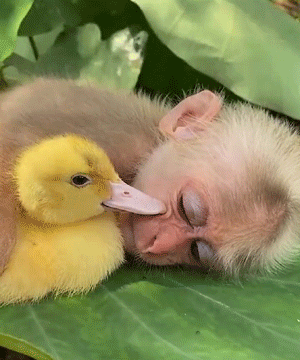
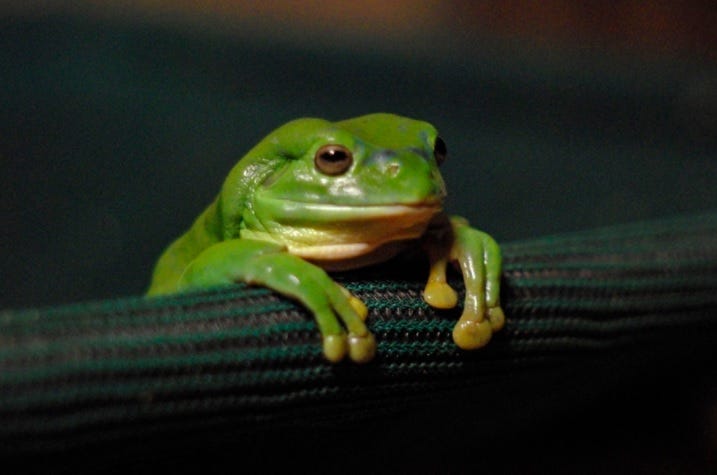
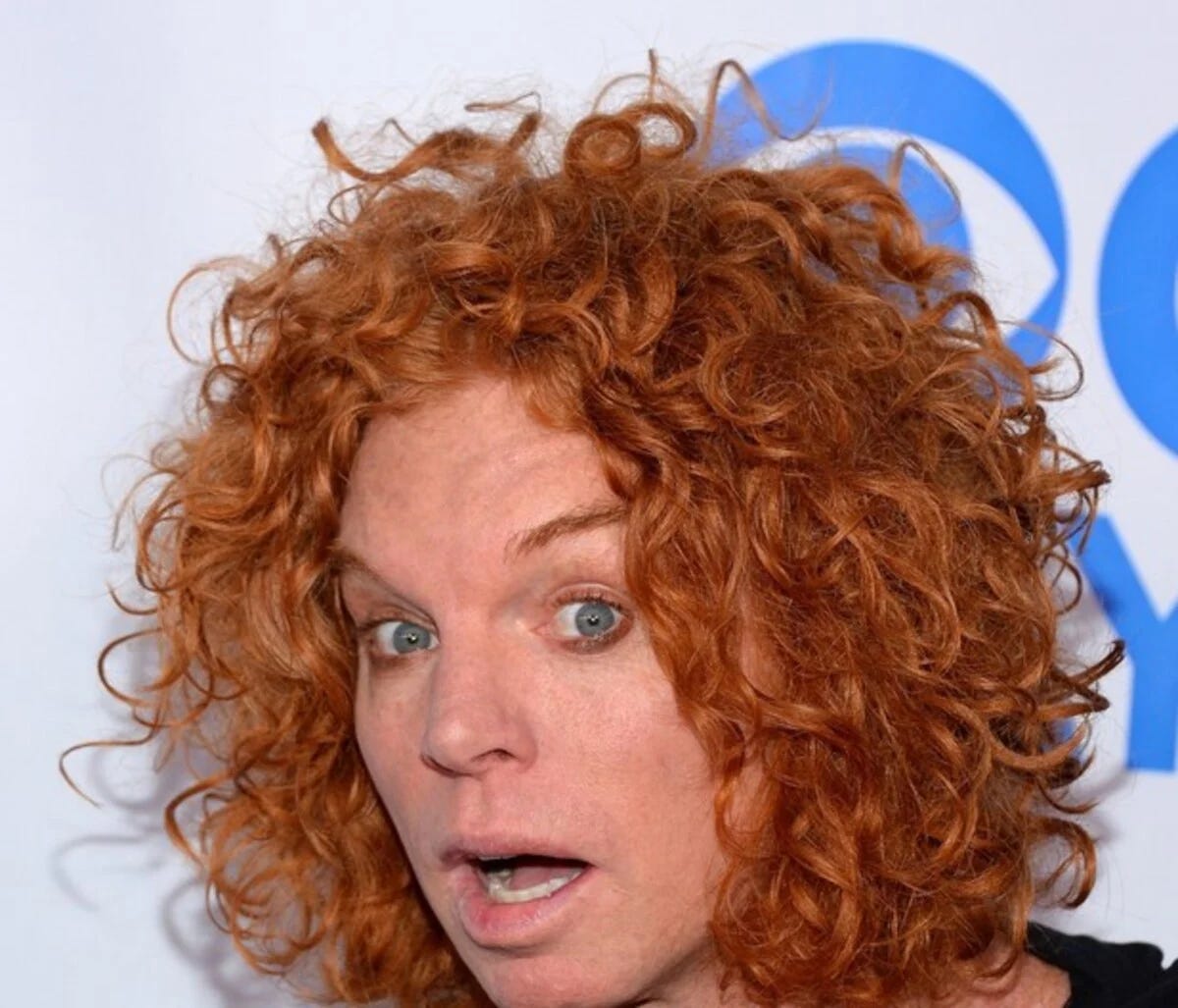

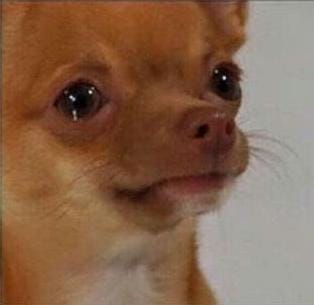

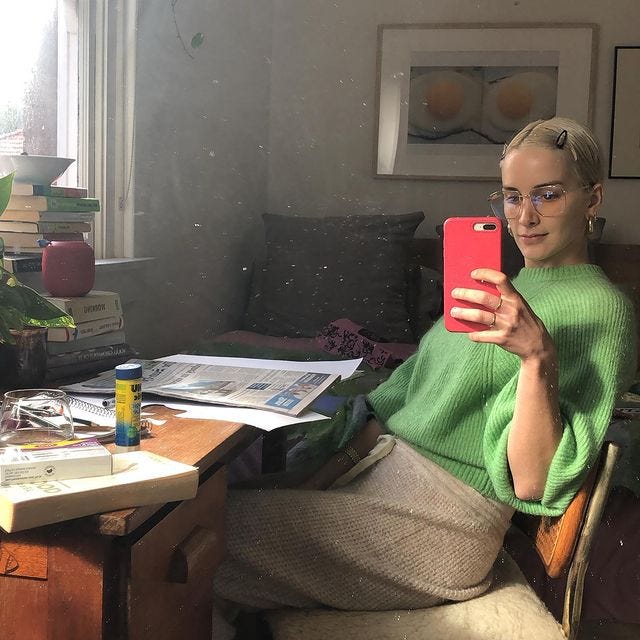
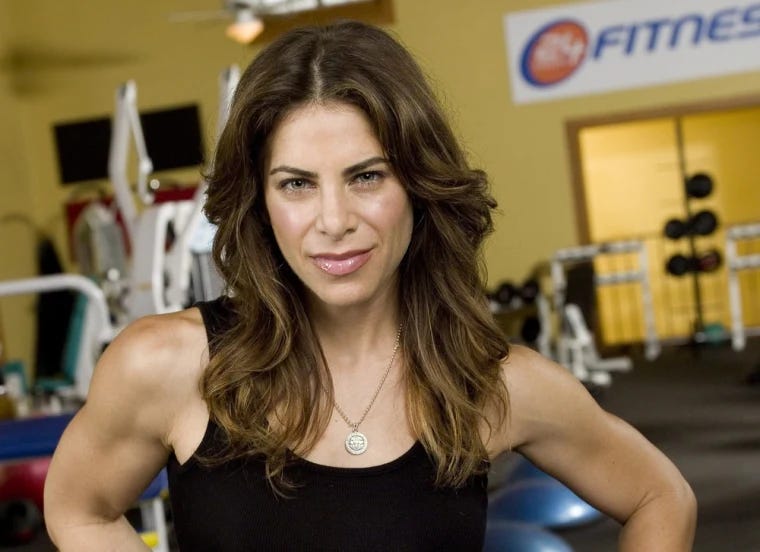
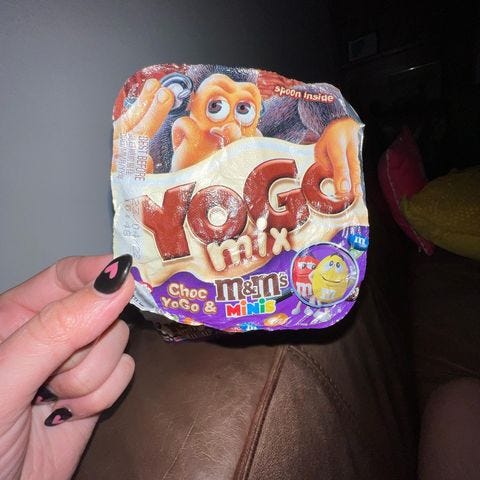
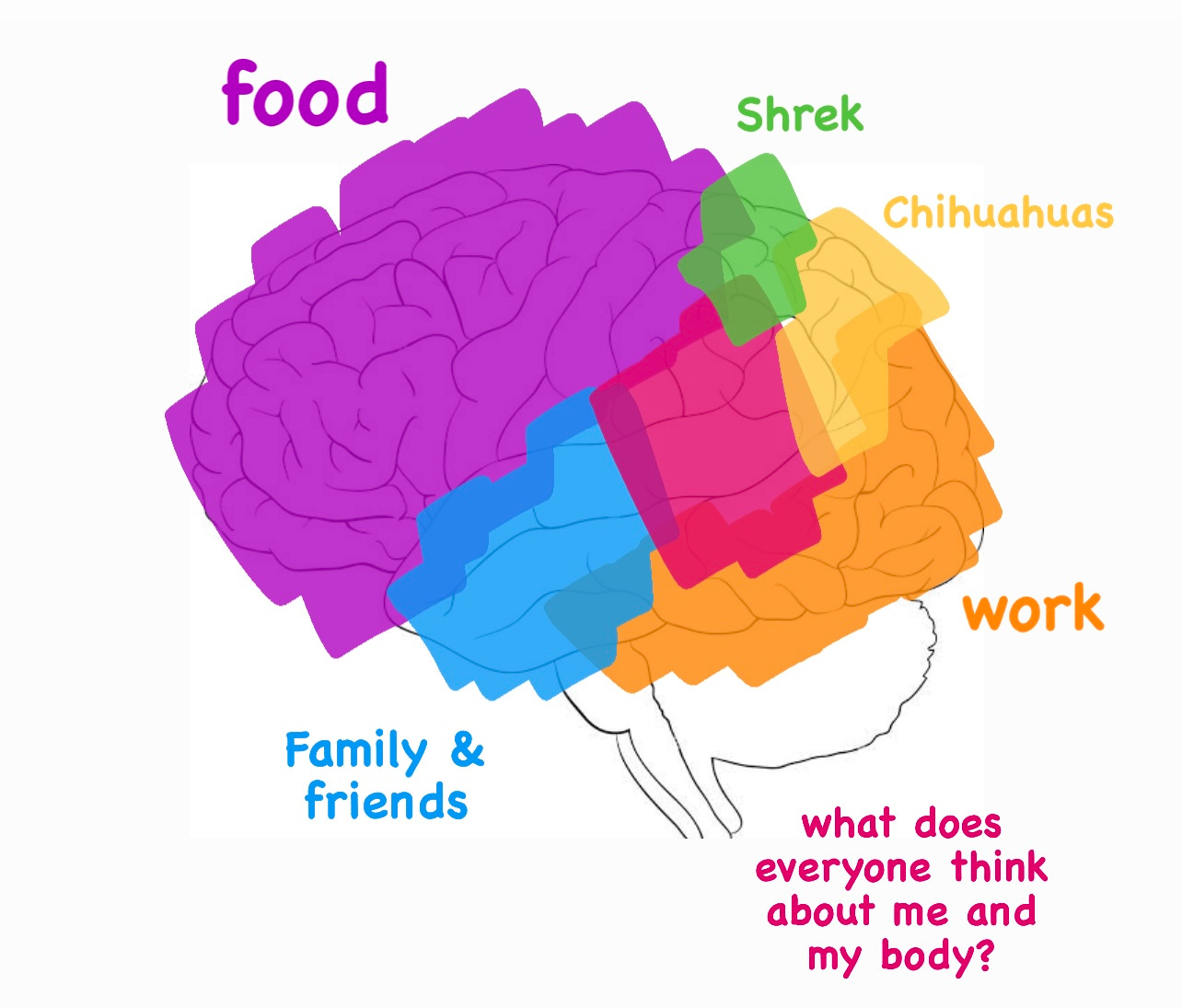




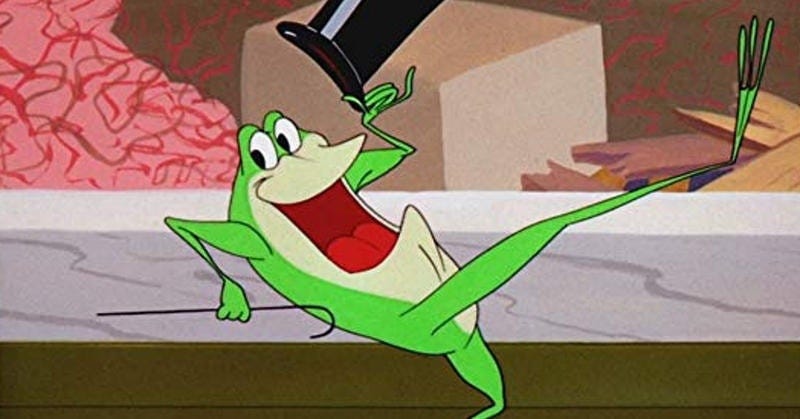
Sah good! As a formerly hospitalised near dead skeletal 15 yo, I dig this. Eating is awesome! 👁❤️🫒
Yo froomes, this is a seriously tight read! From one recovered to another, appreciate you sharing your story 🤝
Congrats on getting to where you are now, it’s very gangster of you
Ex oh ex oh